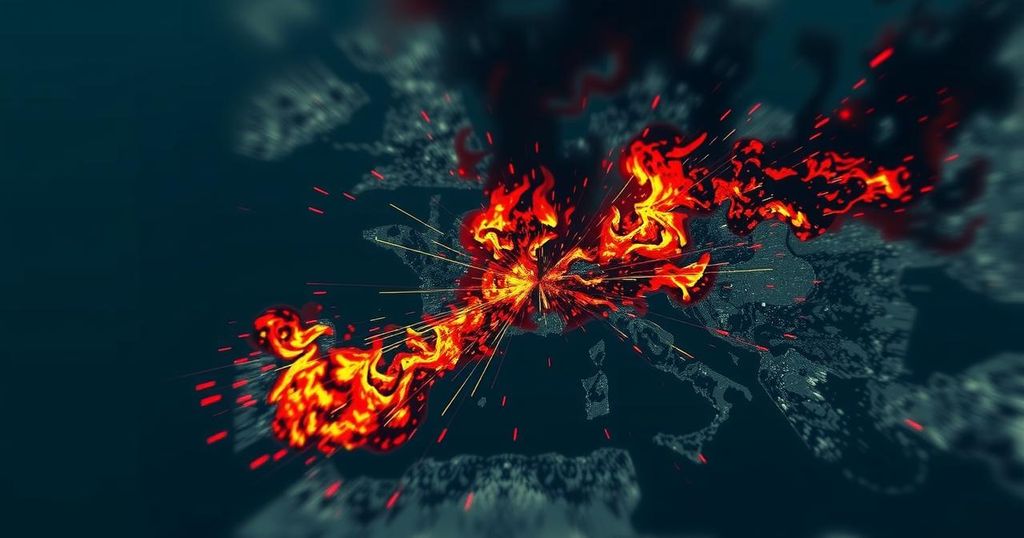Iran’s Strategic Calculations in Response to Potential Lebanon Ceasefire
Iranian Foreign Minister Abbas Araghchi has reiterated his country’s support for Hezbollah amidst potential ceasefire negotiations between Israel and Hezbollah. Iran’s backing includes sending medical assistance to Lebanon while also continuing to supply weapons to Hezbollah. The outcome of the ceasefire discussion may significantly influence Iran’s future actions, especially concerning its nuclear ambitions and proxy engagements in the region.
Iran’s Foreign Minister Abbas Araghchi has confirmed Iran’s ongoing support for the “resistance” in Lebanon during recent communications, particularly in light of potential ceasefire discussions between Israel and Hezbollah. Araghchi articulated his congratulations to the Lebanese for their courage in opposing the actions of the Israeli military. Additionally, Iran has dispatched a medical team to Lebanon as part of its initiative to demonstrate solidarity, even as it engages in secretive arms transfers to Hezbollah.
The potential for a ceasefire is significant for Iran and the broader regional dynamics, serving as a possible juncture in the ongoing conflict. Iran’s strategy has involved linking Hezbollah’s actions to those of Hamas following the latter’s recent assault on Israel. While Hezbollah showcases solidarity with Hamas, it appears that the group’s leadership did not have prior knowledge of the exact timing of the attack. Consequently, Hezbollah may have found itself embroiled in a war it did not willingly choose at a time of Israel’s choosing, leading to increased tensions and military engagements along the Lebanese-Israeli border.
The backdrop of this unfolding situation involves Iran’s long-standing support for Hezbollah, a militant group entangled in the Israel-Lebanon conflict. As Israel engages in military action against Hezbollah, the implications of a ceasefire extend beyond Lebanon, potentially impacting Iran’s broader geopolitical ambitions. Historically, Hezbollah has been a key proxy for Iran in the Levant, and the group’s positioning against Israel factors heavily into Iran’s regional strategy, especially in light of upcoming political shifts such as the impending administration of President-elect Donald Trump.
In summary, the coming weeks will be pivotal for Iran, particularly regarding its strategies in relation to the ceasefire discussions. With the potential of a 60-day ceasefire, Iran must weigh its options carefully—whether to pursue advancements in nuclear capabilities or to empower its proxies to escalate attacks against Israel. The outcome will not only affect the regional landscape but will also shape Iran’s long-term strategic goals in the Middle East.
Original Source: www.jpost.com




Post Comment